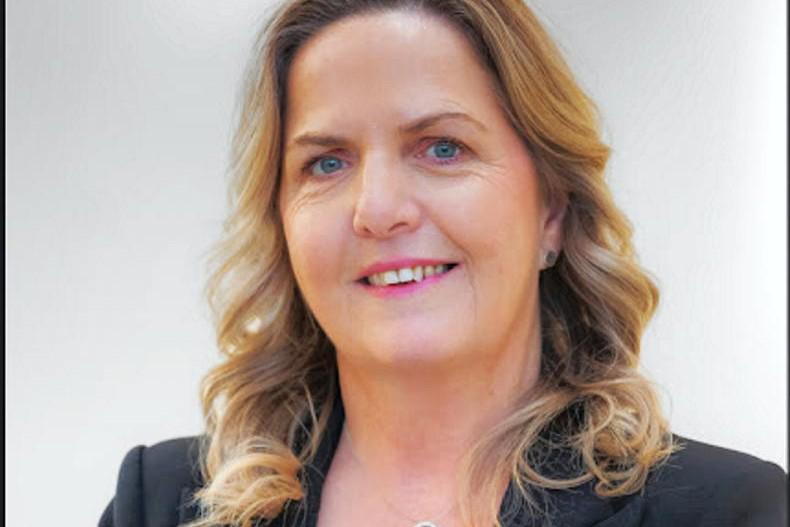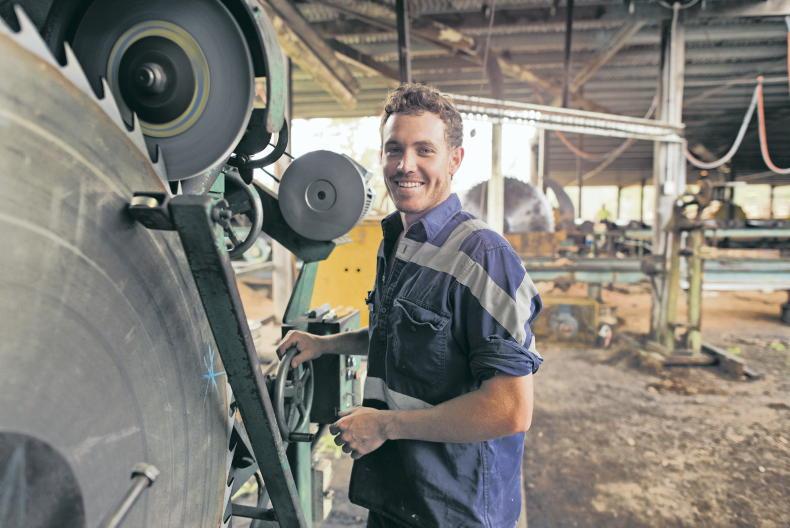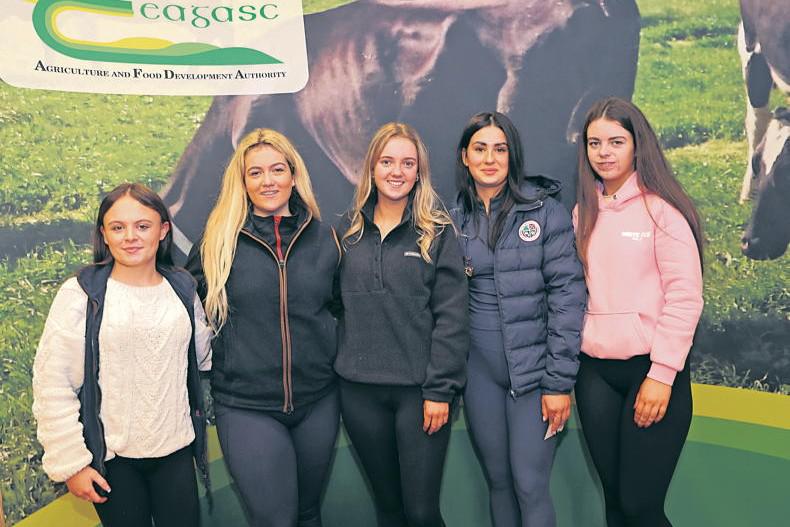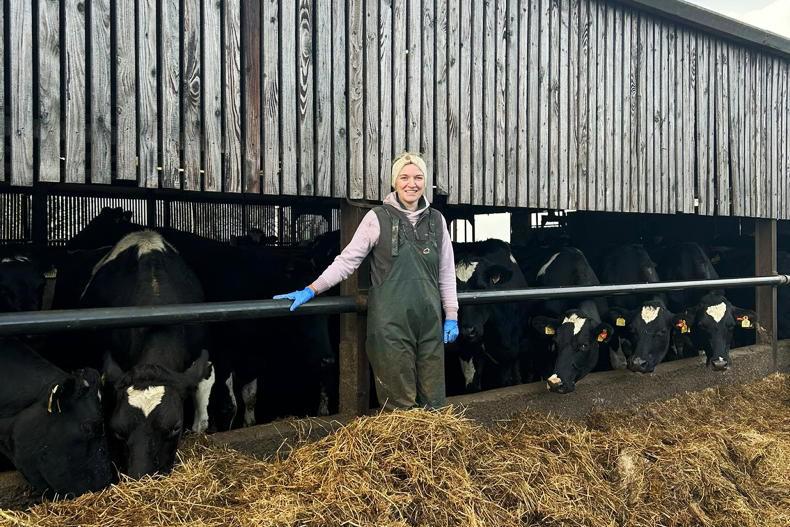Sexual health is an essential part of overall health and wellbeing, yet it often remains shrouded in discomfort, embarrassment and stigma. This silence prevents individuals of all ages from accessing accurate information and seeking the necessary medical care.
Laura Tully is breaking down the negativity and providing education, information and support on sexual health to students in the midlands.
Through her work as the sexual health service nurse manager at the Technological University of Shannon (TUS) Midlands campus in Athlone, she is canvassing for change.
“I started in 2012 as the student health nurse. With 3,000 students aged 18- 25, they were a high-risk cohort. Over the years students were coming forward with sexual health needs, and we didn’t have a service in Athlone. I started auditing it and 90% of the students I was referring to a specialised clinic weren’t attending the appointments,” says Laura.
Knowing it was a big public health issue, Laura started advocating for students to have better on-campus access to services.
“For many years I was a thorn in the side of many politicians and the Department of Health. It was awful because, during those years, they started to reduce the number of services and even closed the clinic in Mullingar, leaving people in the midlands in a worse situation,” she says.
In 2019, Laura applied for funding under Sláintecare to run a pilot project on campus. Sláintecare is the HSE and Department of Health’s overall strategy for reforming Ireland’s health system.
“We got off to a great start where students were coming into a clinic on campus and having all of their care needs met in a one-stop shop. But COVID-19 came along in February 2020, and there were a lot of challenges in delivering a service like that during a pandemic,” says Laura.
In the few weeks before the COVID-19 outbreak, the Department of Health recognised the project was worthwhile and awarded unique funding to the campus due to its geographical location. This enabled Laura to pivot from a general student health nurse to a specialist sexual health nurse.
“I am trained to be a sexual health adviser and sexuality educator. I am now delivering this nurse-led service here on campus. Last year, we delivered 1,000 consultations to students. It has normalised the idea of looking after this aspect of their health,” says Laura.
Breaking down the stigma
Over the last five years, Laura has seen a culture change and shift through her work where she provides a non-judgemental, safe space to educate students.
“The education aspect is huge; students are at a time of their lives where they’re starting to make autonomous decisions for themselves. It’s a prime time of life to be here to educate them, giving them the tools and the knowledge that they’ll need to make the wisest decisions. They are typically having more sexual encounters,” says Laura.
Knowledge is going to help reduce stigma. The availability of services and access is going to reduce stigma
A new national sexual health strategy is due to be launched shortly by the HSE right up to 2030, which is expected to place a greater emphasis on specialised settings to target different age groups.
“Knowledge is going to help reduce stigma. The availability of services and access is going to reduce stigma. Unfortunately, the legacy of Ireland in the past is still there,” she says.
Laura meets so many people who don’t understand the basic principles as they never had any sex education in school.
“There’s a lot taboo around the use of condoms, testing, talking about STIs and talking about consensual practices. We’ve a lot of work to do,” the nurse explains.
Getting the right advice
However, the implementation of the free contraception scheme has been ‘an absolute game changer’ as the cost barrier is now removed for under-35s, according to Laura.
Prior to this, many women opted to go on the pill because it was the cheapest form of contraception. Now, they can avail of a free contraceptive consultation and talk to a GP or nurse about their options, which previously costed €400.
Laura stresses, however, there is still a lot of education needed around the fact that some contraceptions don’t protect you against STIs.
“I’m baffled in daily practice, that people are still not using condoms to protect themselves, and that is across all age spans, unfortunately.
“My work will never be done in educating people. I think back to the 1990s, when I was a student, and how difficult it was to even access condoms or get educated about it,” she recalls.
The STI detection rate in TUS is 8-10%, which shows the importance of getting tested even if you don’t have symptoms.
A free nationwide service is now available called SH:24. This online sexual health service delivers over 100,000 STI tests in Ireland each year.
“That means, regardless of your age, gender, or sexuality, you can order a free home test kit at the touch of a button. I think that’s an amazing service,” says Laura.









SHARING OPTIONS